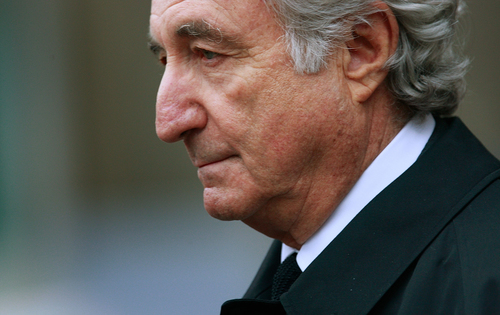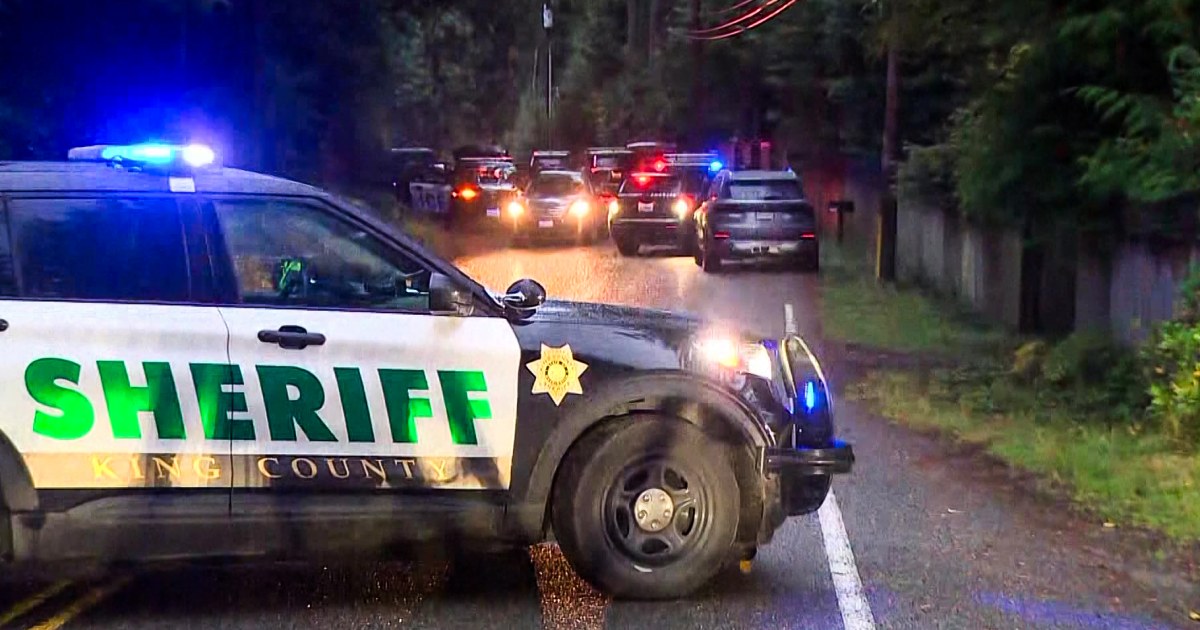You want us to read it or not? You could copy pasta some at least.
Here we go - no paywall for me, my search engine often gets around paywalls.
A federal judge in Virginia stopped the state on Friday from
removing suspected noncitizens from the voter rolls and ordered the restoration of ones who were removed because of how close it is to the Nov. 5 election.
U.S. District Judge Patricia Giles ruled an
executive order Republican Gov. Glenn Youngkin signed Aug. 7 violated a federal law that prohibits removing names from voter rolls within 90 days of an election. Voters who were removed since that date must be notified and have their registration restored, Giles ruled.
"The ruling is a big victory,” said Ryan Snow, a lawyer with the Lawyers’ Committee for Civil Rights Under Law, which represented advocacy groups in the lawsuit, which was combined with a similar suit brought by the Justice Department. “The judge stopped the outrageous mass purge of eligible voters in Virginia."
Another federal court recently issued a similar ruling
blocking a voter removal program in Alabama.
Virginia Attorney General Jason Miyares, a Republican, vowed to appeal the Friday decision.
"It should never be illegal to remove an illegal voter," Miyares said in a statement. "Yet, today a Court – urged by the Biden-Harris Department of Justice – ordered Virginia to put the names of non-citizens back on the voter rolls, mere days before a presidential election."
In a statement, Youngkin said the judge ordered the state to restore voter registration to 1,500 people who had identified themselves as noncitizens on motor vehicle records.
Voting rights advocates said the citizenship declarations could be decades old and the voters could have become naturalized citizens since then. Aaron Baird, a spokesperson for the advocacy group Project Democracy, whose lawyers represented plaintiffs in the case, said there are safeguards in place to prevent noncitizens from voting.
"Voting-related crimes are extremely rare in Virginia and there’s no evidence of any prosecutions of noncitizens for voting in the past 20 years," Baird said.
A woman, who preferred not to give her name, gets verbal instructions from an Election Officer as she casts her ballot at a polling place …
Show more
LEAH MILLIS, REUTERS
GOP fights to block noncitizen voters, but studies show no widespread problem
Republicans have made
fighting noncitizen voting a prominent issue. But studies have found the problem is insignificant.
Studies by the
Brennan Center for Justice and the
libertarian Cato Institute have found noncitizens voting is essentially nonexistent. The Brennan Center studied 42 jurisdictions in 2016 and found 30 cases of suspected noncitizens voting out of 23.5 million votes cast. Georgia
Secretary of State Brad Raffensperger, a Republican, announced Wednesday the state had conducted an audit and found 20 noncitizens − whose voter registrations were canceled − out of 8.2 million registered voters.
Virginia has had a law since 2006 − and enforced by Republican and Democratic administrations – that calls for the removal of any voter who stated they were a noncitizen while filling out state motor vehicle records and who then either accidentally or intentionally became registered to vote.
Youngkin reinforced the policy with his
executive order for daily records checks between voter registration lists and motor vehicle records. But the 1993 federal Voter Registration Act, nicknamed the "motor voter" law aiming to make registration easier, prohibited dropping names from voter rolls close to an election to avoid confusion or removing people unjustly.
People vote at a polling place at Randolph Elementary School in Arlington, Virginia, on Nov. 2, 2021.
LEAH MILLIS, REUTERS
What were the arguments in the case?
Government lawyers argued the federal court shouldn’t overturn longstanding state policy for the same reason – it’s too close to the election to restore the registration of suspected noncitizens. The state said voters were only removed if they had voluntarily declared themselves noncitizens, were notified by mail their registration was being canceled and didn’t object to the removal with an affirmation of citizenship within 14 days.
"Virginia’s process is individualized, nondiscriminatory, accurate, and lawful," state lawyers wrote in a legal filing.
But
the Justice Department joined groups including the Coalition for Immigrant Rights, African Communities Together and the League of Women Voters to fight Youngkin’s executive order. The groups argued the motor vehicle records could be 20 years out of date, that naturalized citizens could be removed incorrectly and that citizens with similar names and birth dates of noncitizens could mistakenly lose their registration.
The advocacy groups quoted Prince William County Registrar Eric Olsen, who said at a Sept. 30 election board meeting his office reviewed 162 people listed as noncitizens in the state’s computer system and found 43 had voted previously. But his office checked and found all 43 had verified their citizenship, some as many as five times, but were still dropped from voter rolls.
“Available evidence further indicates that Defendants’ system is particularly faulty and error-ridden,” the advocacy groups wrote in a legal filing.
Federal judge in Alabama struck down similar program to Virginia
The Virginia decision came after U.S. District Judge Anna Manasco struck down a similar program in Alabama.
Alabama Secretary of State Wes Allen announced Aug. 13 he identified 3,251 voters registered in the state who had been issued noncitizen identification numbers by the Department of Homeland Security and said they would be removed from the registration rolls. Allen acknowledged that some naturalized citizens might be removed.
 View |62 Photos
Early voting underway for 2024 presidential election in some states
View |62 Photos
Early voting underway for 2024 presidential election in some states
In-person early voting started in late September in some U.S. states including, Minnesota, Vermont and Virginia with more states starting in October.
Several advocacy groups including the Alabama Coalition for Immigrant Justice, the League of Women Voters of Alabama and the state conference of the NAACP filed the lawsuit Sept. 13 to block Allen’s program. The Justice Department filed a similar lawsuit Sept. 27 and the cases were merged.
“The court had ‘no difficulty’ finding irreparable harm to eligible Alabamians targeted by this program,” said Danielle Lang, senior voting rights director at Campaign Legal Center, who helped argue the case. “The court found this was not a ‘no harm, no foul’ violation and will immediately issue an injunction.”
Share your feedback


 krdo.com
krdo.com







